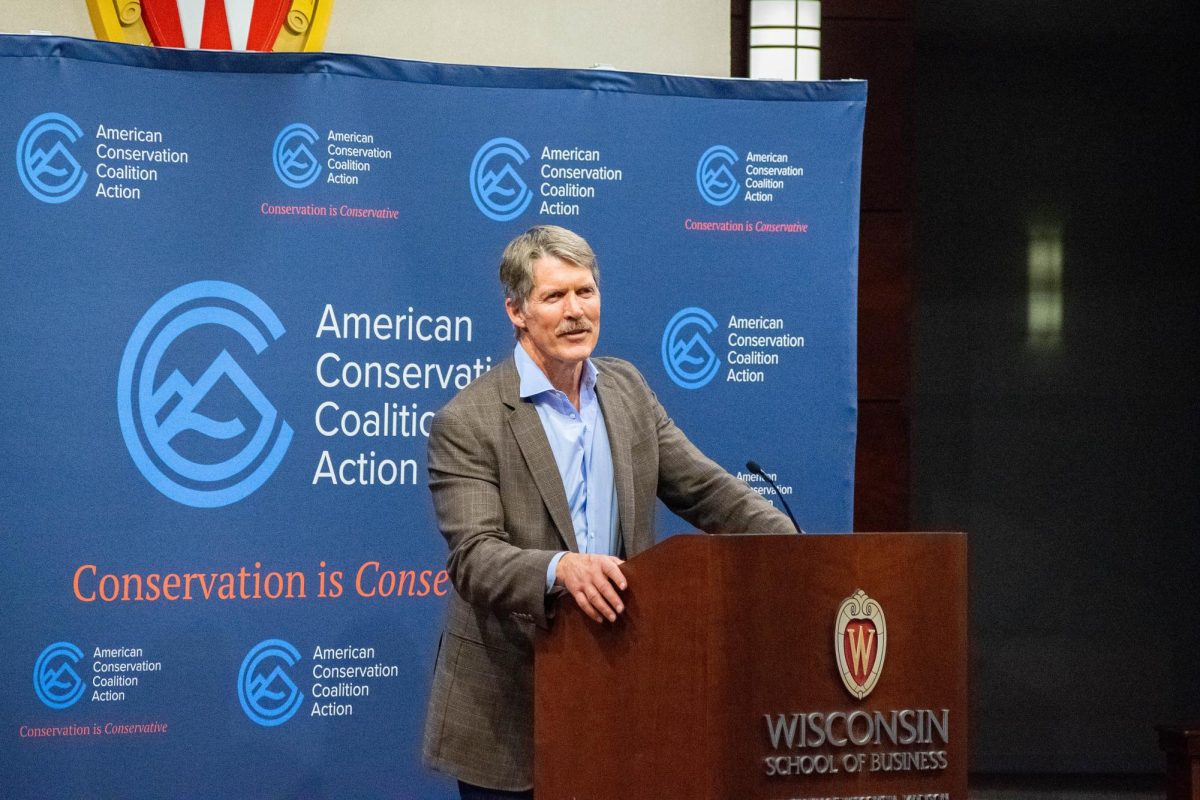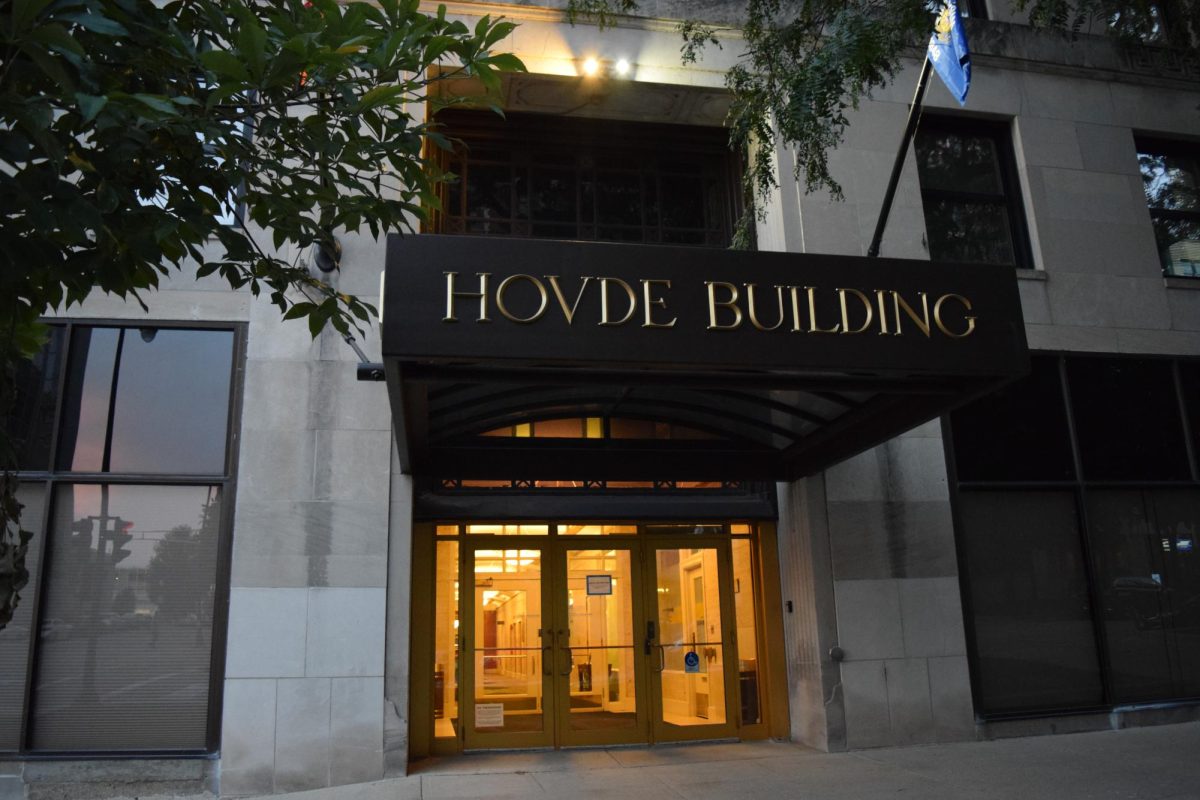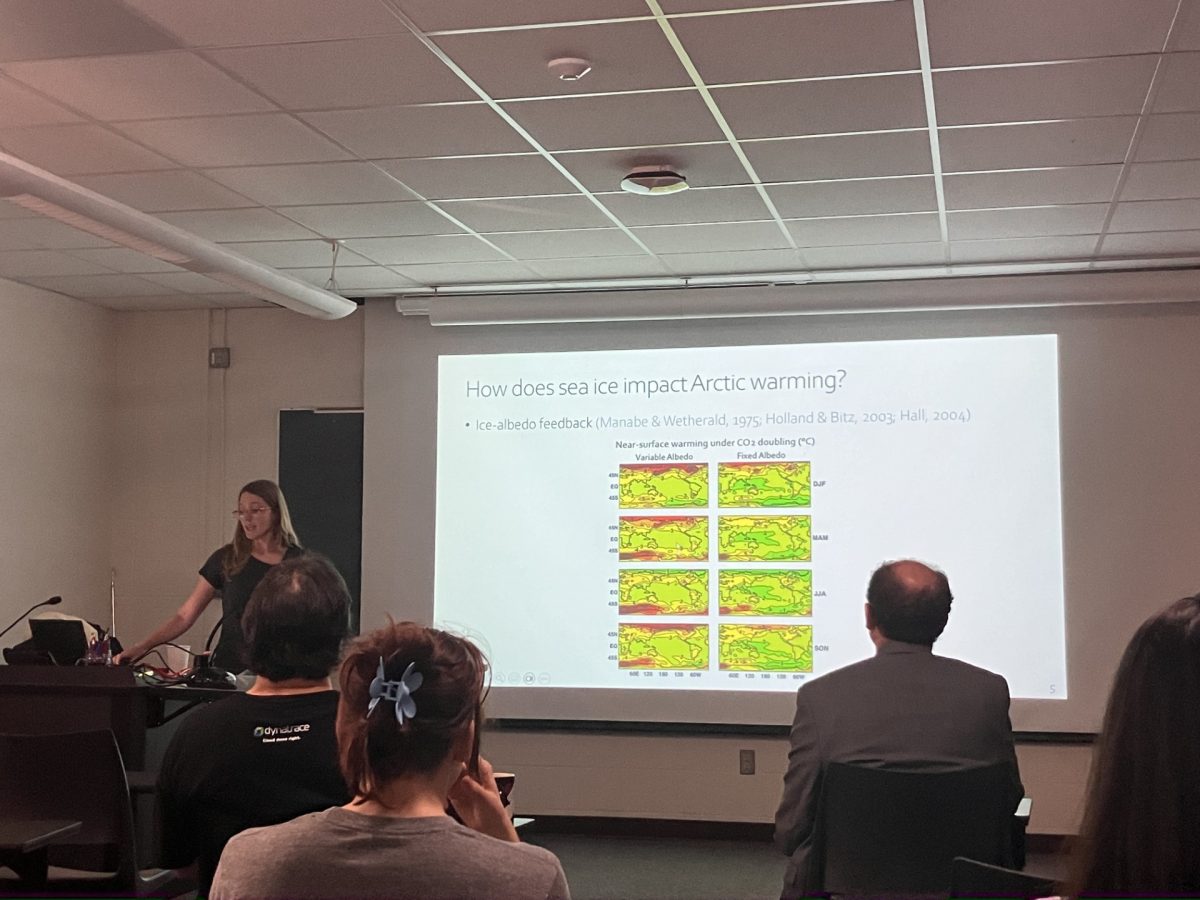As part of the conference celebrating the 50-year anniversary of the Supreme Court’s ruling on the Brown v. Board of Education case, which stated that racial segregation in public schools is unconstitutional, Professor Charles V. Willie of Harvard University came to Grainger Hall Thursday to speak about diversity in the educational system.
Willie began by saying, “Brown belongs to all of us, and all of us are affected by Brown,” adding the court case not only gave the civil-rights movement momentum, but it also gave other minorities power.
He then went on to say that historically, the lack of diversity in the political system created many of the problems minorities face today.
“You need diversity to have a good educational environment,” Willie said.
Willie feels that in order for society and democracy to flourish, people must be willing to make sacrifices. Different types of people have different strengths, and no informed decision can be made without giving weight to all sides of an issue.
Willie mentioned many instances after the Brown case in which educational institutions failed to maintain equality. He said people cannot refuse to follow laws when those laws do not appear favorable in a particular situation.
Allowing minorities into white educational institutions prompted fear that diversifying the student body would compromise a level of excellence, he said. However, Willie referred to many sources that state race has no impact on intelligence. He provided the example of the fairly recent admission of women into universities; currently, women academically out-perform men.
Throughout his speech Willie used the words “equity,” “diversity,” and “inclusion” in reference to public education. He feels that in order to prove their intelligence, people cannot restrict opportunities to learn.
Amanda Atteln, a UW junior in the School of Education, said, “This conference showed how the Brown decision affected all of us and how it had a huge impact on the educational system. But it is often not presented to us in that manner.”
Willie ended the lecture with his thoughts on today’s society.
Comparing opposite views to the margins of two parallel sheets of paper, Willie told his audience they need to be on the inner margins. That way, he said, they will become mainstream and capable of seeing both ends of the spectrum. Seeing and understanding the middle ground will allow for people to make a societal impact.
He said that enough people paid for the “follies” of slavery, segregation and other inequalities, and urged for people to continue to take actions in a positive direction.







